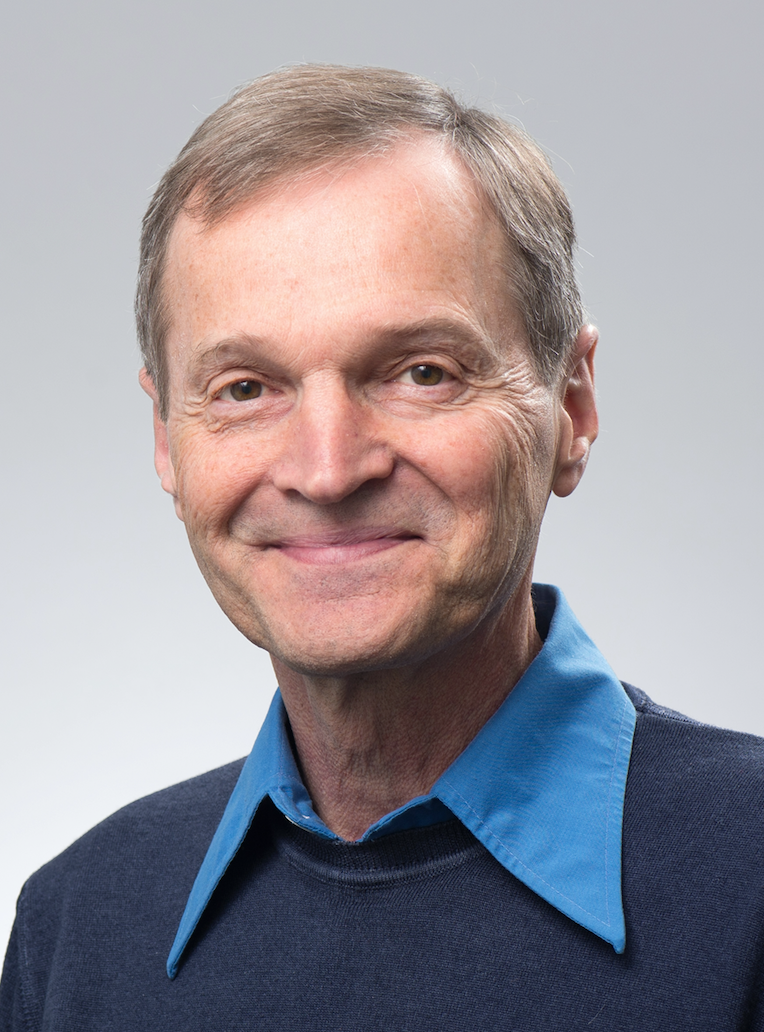
Daniel Speiser
Full Professor
Daniel Speiser graduated in 1982 and received a Doctorate in Medicine in 1986 at the University of Zürich, Switzerland. He then completed his clinical degree in internal medicine, with specialization in clinical immunology and (hemato-) oncology. In the laboratory of Rolf Zinkernagel (then future Nobel Laureate), he specialized in infection and tumor immunology. Subsequently, he established his independent career in basic and clinical immunology at the Universities of Geneva, Toronto and Lausanne. Currently, Daniel is an honorary professor at the University of Lausanne and has an appointment at the University of Bern. Starting in 1990, he accomplished many R&D projects and clinical trials of cancer immunotherapy, pioneering its introduction in clinical oncology. For example, he demonstrated the in vivo importance of T cell avidity already in 1992. Furthermore, he contributed significantly to mechanistic elucidation of the graft-versus-leukemia effect, and of autologous T cell reactivity in cancer patients. Also, Daniel was the first to demonstrate in cancer patients that intratumoral T cells have a molecular and functional “exhaustion” profile, resembling the situation in animals and in patients with chronic infection. His innovative work is possible thanks to sound scientific work and knowledge, systematically and directly applied to real-life situations in the clinic.
